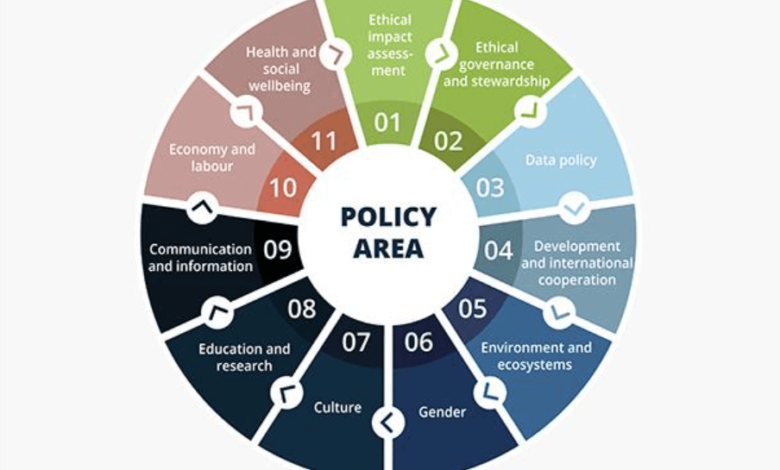The Ethics of Artificial Intelligence: What You Need to Know

The ethics of artificial intelligence raises pressing questions about bias, accountability, and privacy. As AI technologies become integral to decision-making processes, they risk perpetuating existing inequalities. Developers face the challenge of creating transparent systems that prioritize ethical considerations. Additionally, the effects of AI on employment demand a critical reassessment of workforce dynamics. This complex landscape invites further exploration into how society can navigate these emerging challenges responsibly.
Understanding AI Bias and Its Implications
While the development of artificial intelligence holds great promise for innovation and efficiency, it also raises significant concerns regarding bias embedded within these systems.
Data discrimination can manifest in algorithmic processes, perpetuating inequalities and undermining the principles of fairness.
These biases not only threaten social equity but also challenge the integrity of AI, necessitating a critical examination of how algorithms are designed and implemented.
Accountability in AI Decision-Making
How can accountability be effectively established in the realm of AI decision-making?
Implementing robust responsibility frameworks alongside ethical guidelines is crucial. These frameworks should delineate the roles of developers, users, and stakeholders, ensuring transparency and traceability in AI systems.
Privacy Concerns in the Age of AI
As accountability frameworks in AI decision-making evolve, the implications for individual privacy become increasingly pronounced.
The rise of ethical surveillance practices raises critical questions about data protection and the extent to which individuals can maintain autonomy over their personal information.
Striking a balance between innovation and privacy rights is imperative, as unchecked AI technologies threaten to undermine the very freedoms they aim to enhance.
The Impact of AI on Employment and the Workforce
The rapid integration of artificial intelligence into various sectors is reshaping the employment landscape in profound ways.
While AI drives workforce transformation by enhancing productivity, it simultaneously raises concerns over job displacement.
Many individuals may find their roles rendered obsolete, necessitating a reevaluation of skills and education.
This dual effect prompts critical discussions on ethical responsibilities toward affected workers and the future of meaningful employment.
Also read: AI Voiceover Technology and Its Role in Accessibility
Conclusion
In an era where artificial intelligence is heralded as the pinnacle of human innovation, it is ironic that its very advancements risk entrenching societal biases, undermining accountability, and compromising privacy. As we automate decision-making, we paradoxically expose ourselves to greater ethical dilemmas, challenging the very principles of fairness we seek to uphold. Thus, the promise of AI as a tool for progress may ultimately reflect our inability to navigate the complexities of our own moral landscape.




